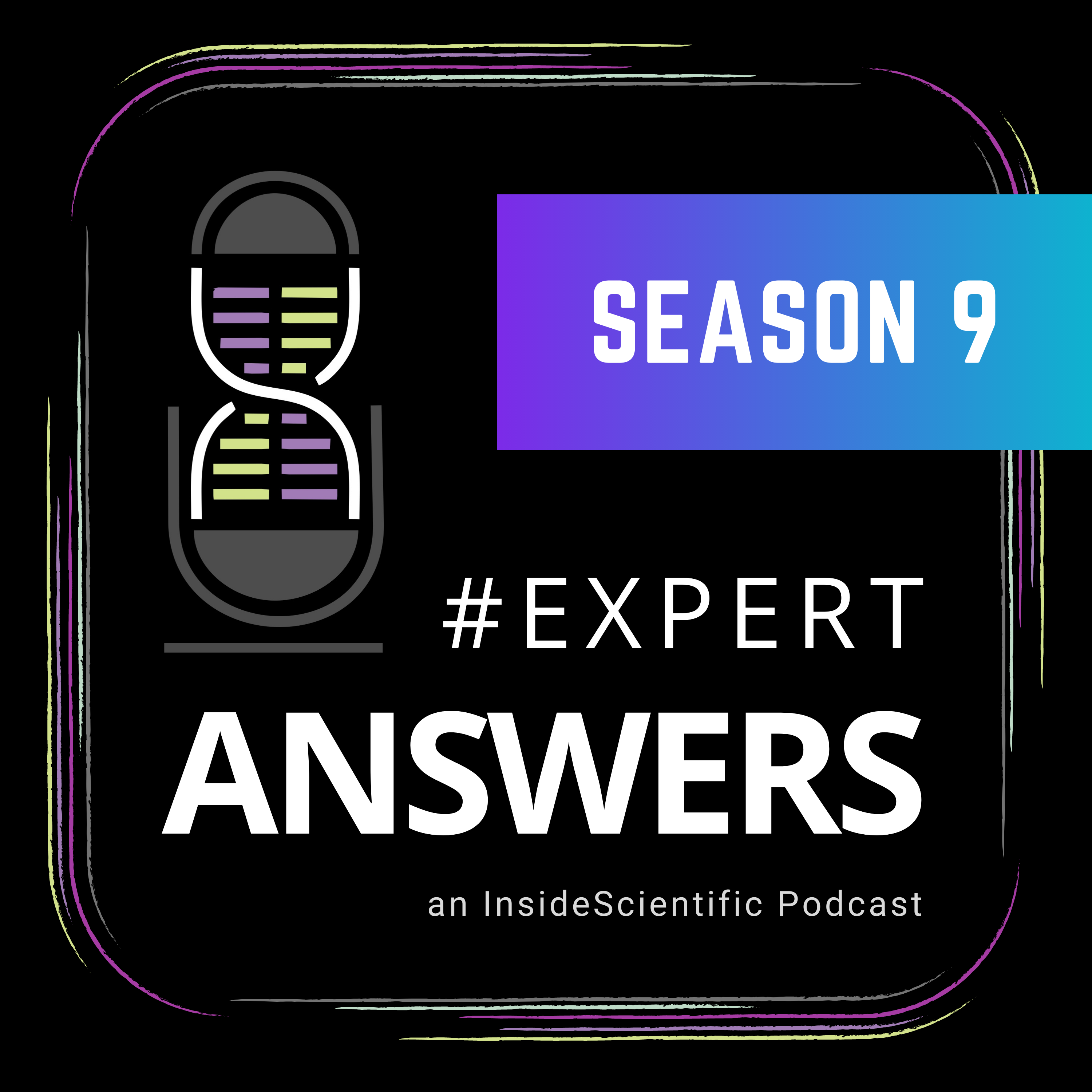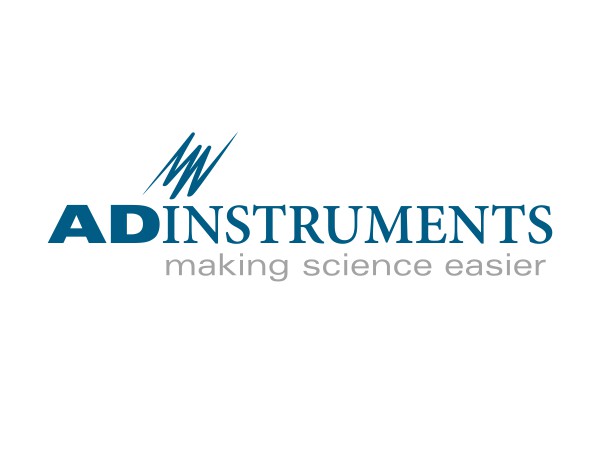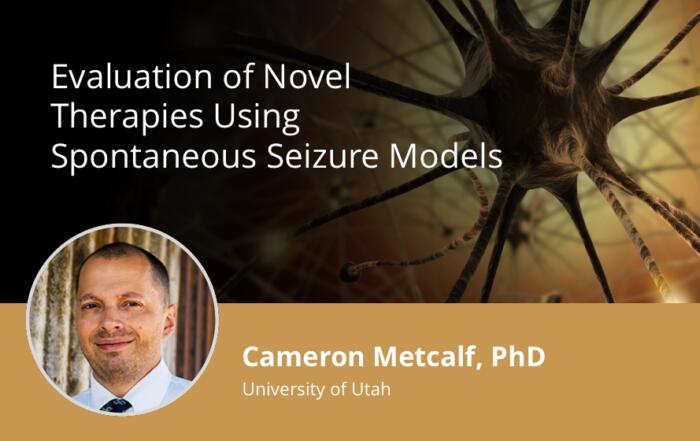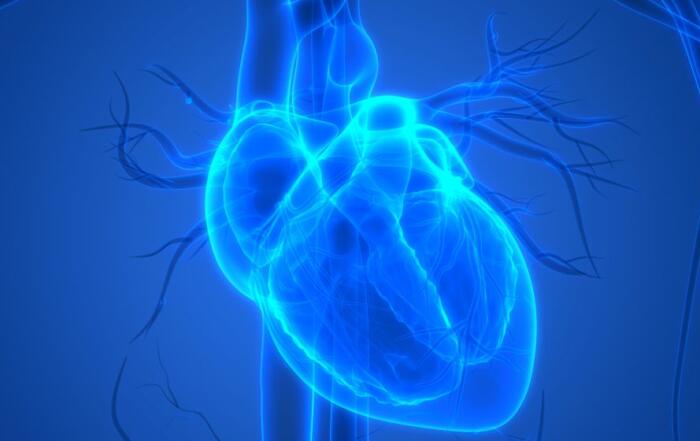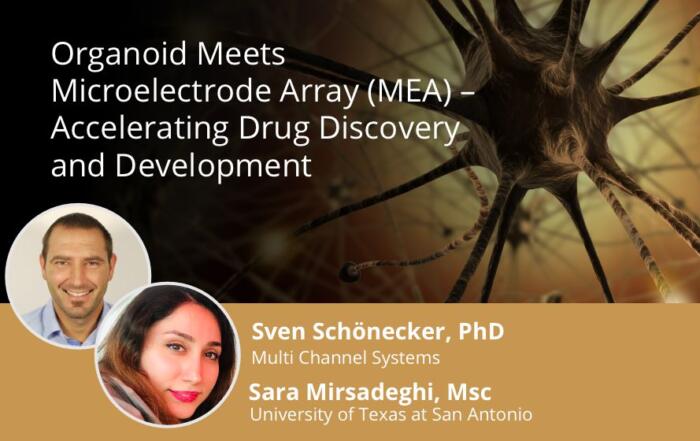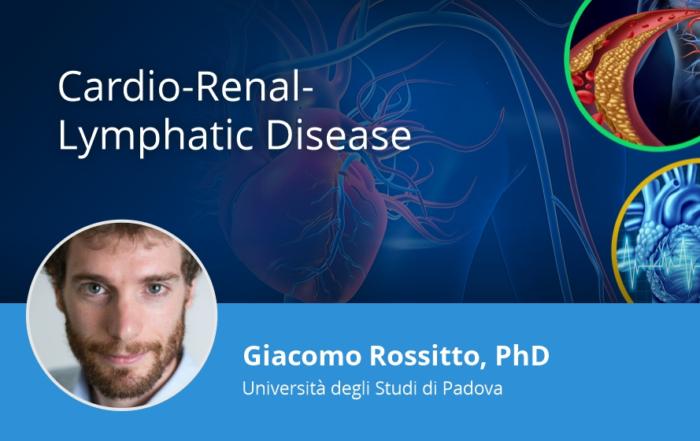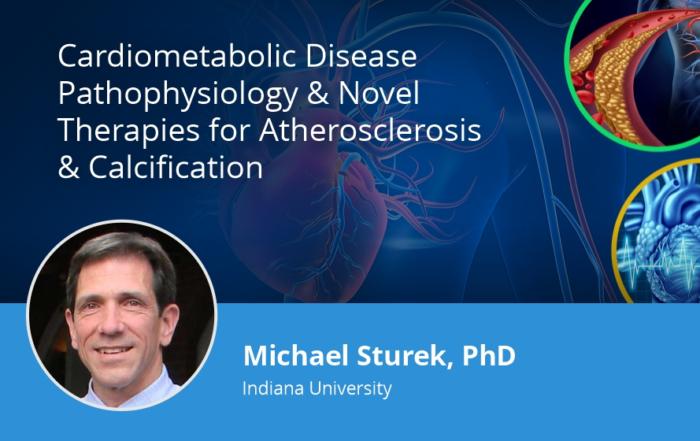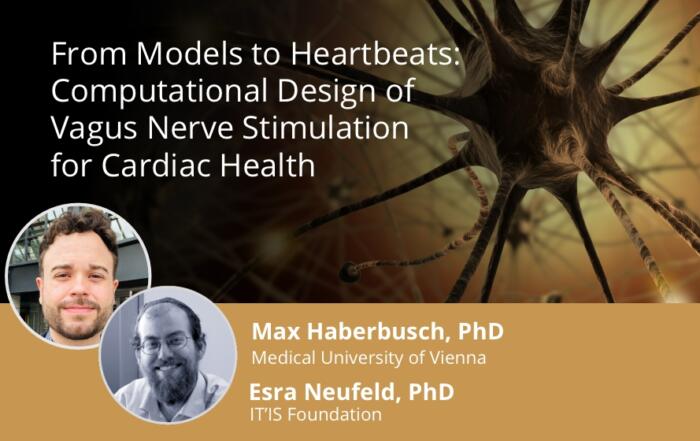Phil Griffiths, PhD, presents a summary of chronic cardiovascular telemetry studies and considerations for experimental design.
Ensuring you collect the best and most physiologically accurate data from your chronic telemetry experiments requires careful planning and experimental design. This webinar gives an insight into the practical aspects of designing chronic animal experiments to set you on the best path for success. The benefits of chronic studies, how to select the most appropriate sample size for your study, some basic tips and tricks for data acquisition and handling, and how to ensure high animal welfare are discussed.
Key Topics Include:
- What are the benefits of chronic over acute studies?
- How to decide the best sample sizes and the length of experiments?
- Basic tips for data acquisition and handling
- How to maintain high animal welfare standards
Click to watch the webinar recording. To view the presentation full screen simply click the square icon located in the bottom-right corner of the video-viewer.
Resources
To retrieve a PDF copy of the presentation, click on the link below the slide player. From this page, click on the “Download” link to retrieve the file.
Presenters
Research Sales Manager - Europe
ADInstruments
Phil Griffiths has a PhD in neuroscience and postdoctoral experience from the University of Bristol, UK where he gained expertise in in vivo blood pressure recording using telemetry. He joined Kaha Sciences in 2019 and then made the move to ADInstruments in February 2021, now as a Research Sales Manager for Europe.
Production Partner
Additional Content From ADInstruments
Getting to the Heart of Cardiovascular Research: From Yesterday to Today and Looking Towards Tomorrow
Dr. Melanie White presents the various methods for assessing cardiac function in the context of pathology, spanning from in vitro to in vivo techniques, and how she integrates these with cutting-edge mass spectrometry in her research on cardiovascular disease pathogenesis.
Evaluation of Novel Therapies Using Spontaneous Seizure Models
In this webinar, Dr. Cameron Metcalf covers the technical requirements and benefits of spontaneous seizure models, addressing the challenges and optimization of 24/7 video-EEG data collection for epilepsy therapy development.
Measurement of Cardiac Function Using Pressure-Volume Loops in Swine
Dr. Pedro Ferreira gives a deep dive into his work using pressure-volume loops in large animal models of heart failure.
Additional Content From American Physiological Society
Molecular Signals Mediating Increases in Muscle Size and Function
In this webinar, Dr. Bert Blaauw elucidates skeletal muscle regulatory pathways and offers approaches to tackle muscle deficits for therapy.
Updates in Chronic Traumatic Encephalopathy (CTE)
Dr. Ann McKee will describe the emergence of chronic traumatic encephalopathy (CTE) as a distinct disease over the past 20 years.
Organoid Meets Microelectrode Array (MEA) – Accelerating Drug Discovery and Development
In this webinar, Dr. Sven Schönecker and Sara Mirsadeghi, MSc, will discuss 3D Mesh Microelectrode Arrays (MEA) including new developments and applications.
Additional Content From European Council for Cardiovascular Research
Cardio-Renal-Lymphatic Disease
In this webinar, Dr. Giacomo Rossitto shares his research on heart failure and the related lymphatic dysfunction in patients.
Advances in Pressure-Volume Loop Data Collection: Tools, Training and Support
Join three experts in this technical overview of Pressure-Volume Loop collection and data analysis for cardiovascular research.
Cardiometabolic Disease Pathophysiology & Novel Therapies for Atherosclerosis & Calcification
In this webinar, Dr. Michael Sturek reviews features of macrovascular atherosclerosis and microvascular dysfunction that underly ischemic events and the need for appropriate animal models for optimal translation.
Related Content
Photoacoustic Imaging in Angiotensin II Induced Cardiac Hypertrophy Mice
Hear Dr. Emily Lupton on her lab's investigation whether photoacoustic imaging (PAI) could provide novel imaging in the heart after angiotensin-II induced hypertrophy with and without treatment with losartan.
Understanding Advanced Cardiac Tissue Slice Applications
Watch to understand how cardiac slices and the IonOptix Cardiac Slice System can be used to complement and improve upon traditional cardiac investigations.
From Models to Heartbeats: Computational Design of Vagus Nerve Stimulation for Cardiac Health
This webinar explores closed-loop cardiac rhythm control restoration in heart-transplant patients from model development to in silico regulatory evidence for safety and efficacy trials.
